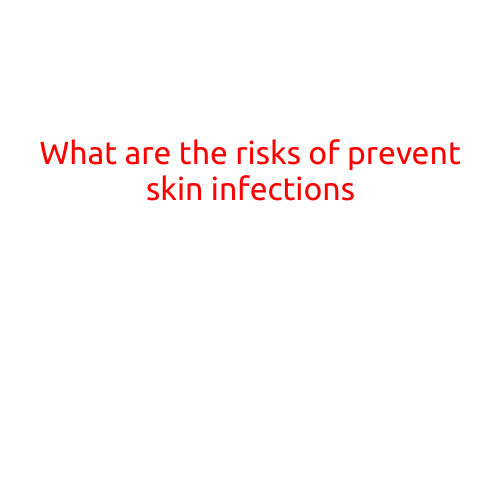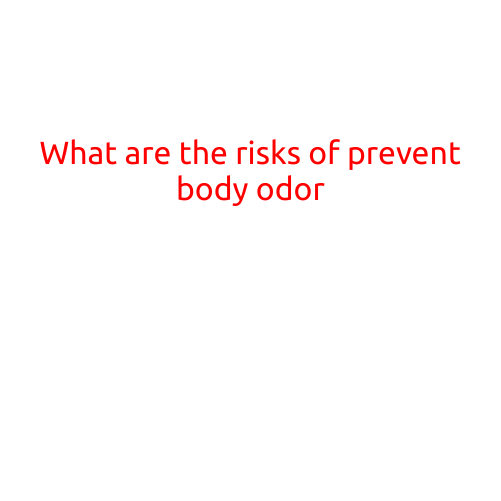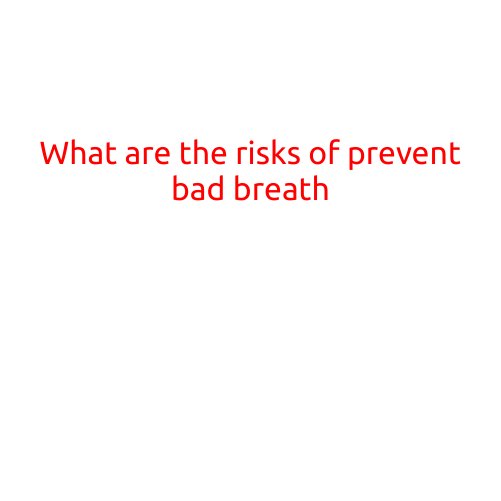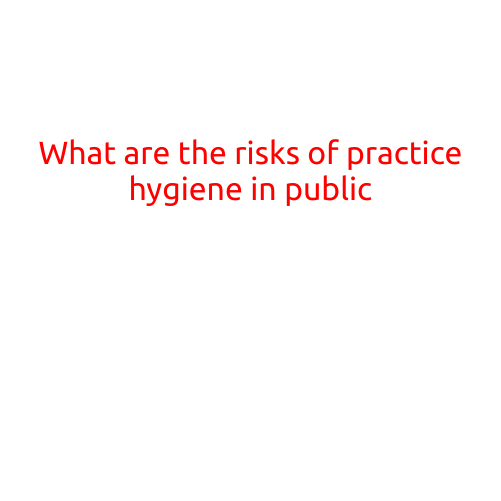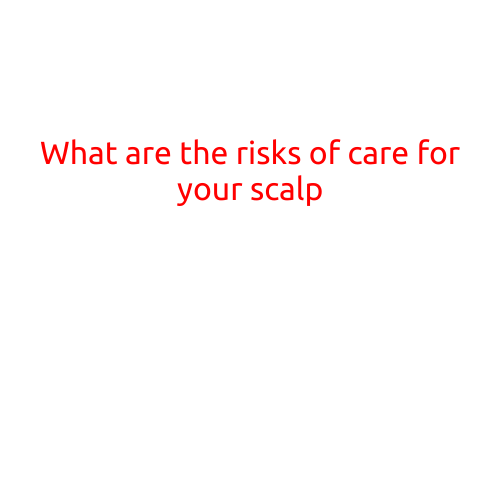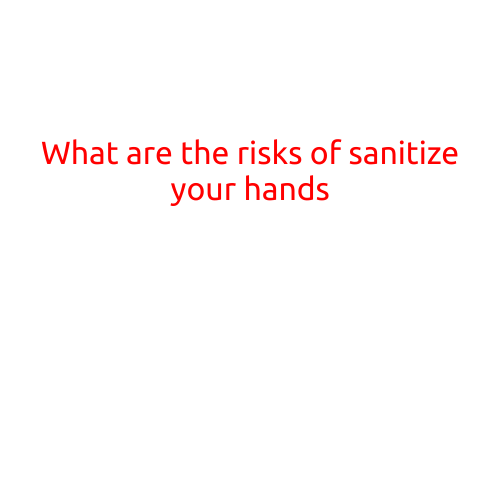
What are the Risks of Sanitizing Your Hands?
In today’s world, hand sanitizer has become a ubiquitous accessory for many people. It’s a convenient and quick way to disinfect hands, especially in situations where soap and water are not available. However, like with any product, there are potential risks associated with excessive or improper use of hand sanitizer.
Risk of Over-Sanitizing
Using hand sanitizer too frequently or in excessive amounts can lead to problems such as:
- Dry, Cracked Skin: Hand sanitizer can strip the natural oils from your skin, leading to dryness, cracking, and irritation.
- Allergic Reactions: Some people may be allergic to the ingredients in hand sanitizer, such as triclosan, which can cause redness, itching, and rashes.
- Resistant Bacteria: Overuse of hand sanitizer can create an environment where bacteria mutate into “superbugs” that are resistant to the sanitizing agent.
Risk of Not Sanitizing Properly
On the other hand, not using hand sanitizer correctly can also pose risks:
- Inadequate Disinfection: If hand sanitizer is not used long enough or in sufficient amounts, bacteria may not be fully eliminated, leaving your hands vulnerable to infection.
- Rines OffToo Quickly: Some people may rinse off the hand sanitizer too quickly, reducing its effectiveness and allowing bacteria to survive.
- Missing Sensitive Areas: Hand sanitizer may not effectively reach all areas of the hand, such as the webs between fingers, thumb creases, or under the nails, where bacteria can hide.
Other Risks to Consider
Additionally, there are other risks associated with frequent hand sanitizer use:
- Increased Antibiotic Resistance: The overuse of hand sanitizer, which contains antibiotics, can contribute to the rise of antibiotic-resistant bacteria.
- Environmental Impact: The disposal of hand sanitizer waste, including packaging and forgotten bottles, can harm the environment.
- Cost and Convenience: Relying too heavily on hand sanitizer can lead to neglect of proper handwashing, which can result in higher healthcare costs and decreased productivity.
Alternatives to Hand Sanitizer
While hand sanitizer can be a useful tool, it’s essential to maintain a balanced approach:
- Wash Your Hands Thoroughly: Soap and water remain the most effective way to remove dirt, germs, and bacteria from your hands.
- Use Natural Alternatives: Options like essential oils, tea tree oil, and coconut oil can provide similar antibacterial benefits while being gentler on skin.
- Foster Good Hygiene Habits: Encourage handwashing, coughing into elbows, and avoiding touching faces to reduce the spread of illness.
Conclusion
While hand sanitizer can be a helpful tool in certain situations, it’s crucial to be aware of the potential risks associated with its use. By adopting a balanced approach that incorporates proper handwashing, natural alternatives, and good hygiene habits, you can protect your health and the environment while minimizing the risks of sanitizing your hands.
